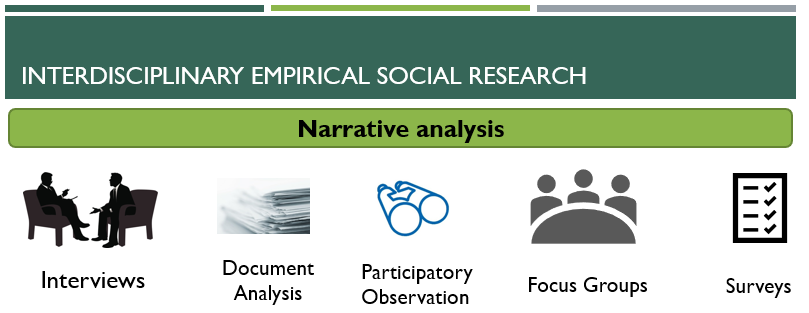Political dynamics
Plastic is central in global political discourses of trade and development. Plastic is simultaneously considered a critical material for industrial development and a hazardous waste for sustainable development. Initiated in the 1980s, the plastic waste trade skyrocketed in the 2000s between the Global North and South. Prior to 2016, the EU-28 was the largest collective plastic waste exporter and China the single largest importer. While China’s 2018 ‘waste import ban’ empowered discourses of local and regional recycling, it also significantly redirected global plastic waste flows to third countries with uncertain waste management capacities. By equating global recycling with a global circular economy, international political discussions focus on end-of-life recycling while diverting attention from much needed discussions on overproduction and consumption.
Given such an evolution of the global plastic waste regime, how can we better understand and inform political processes that shape (in)action towards socially just and environmentally sustainable non-toxic futures? Through empirical social research methods, with a focus on narrative analysis, our research investigates underlying emotions, values, and beliefs of collective actor groups and intersecting narratives to contextualize the past and give early indications of future policy directions.
As part of the nanoINHALE PhD Cohort, we will investigate the regulatory spheres of plastics and air quality and seek to connect plastic’s health implications with the transition to a circular economy. The Global Plastics Treaty is a potential site of investigation.
Interlinks with the Governance Monitor PhD Cohort are envisioned, especially with the PhD project on ‘Tracking narrative impacts on chemical policies and circular indicators.’
Research Approaches

Contributing scientists
References
Luo, A., Rodríguez, F., & Leipold, S. (2023). Explanations of the political gridlock behind international circular economy: Waste Ban narratives in the China-EU cooperation. Ambio, 52(1), 126-139.
Luo, A., Zuberi, M., Liu, J., Perrone, M., Schnepf, S., & Leipold, S. (2021). Why common interests and collective action are not enough for environmental cooperation–Lessons from the China-EU cooperation discourse on circular economy. Global Environmental Change, 71, 102389.
Leipold, S., Petit‐Boix, A., Luo, A., Helander, H., Simoens, M., Ashton, W. S., ... & Xue, B. (2023). Lessons, narratives, and research directions for a sustainable circular economy. Journal of Industrial Ecology, 27(1), 6-18.
